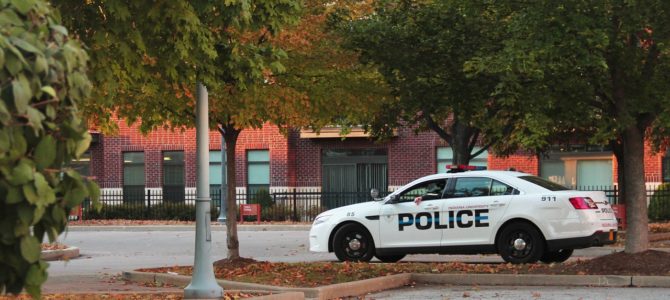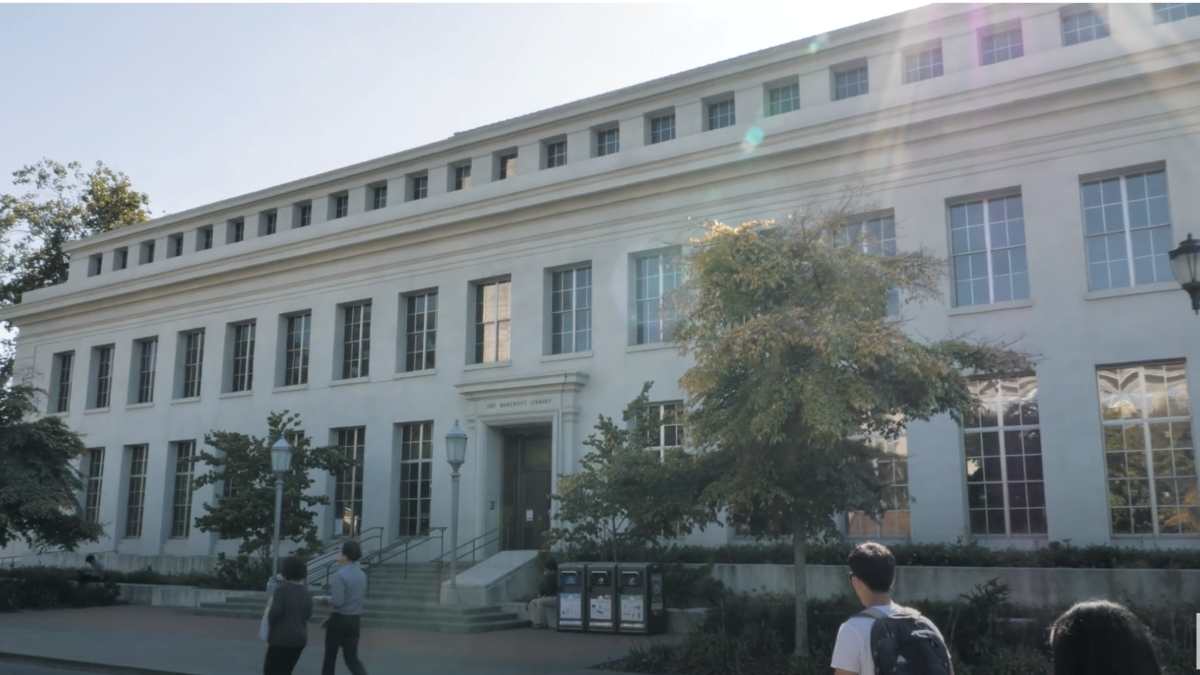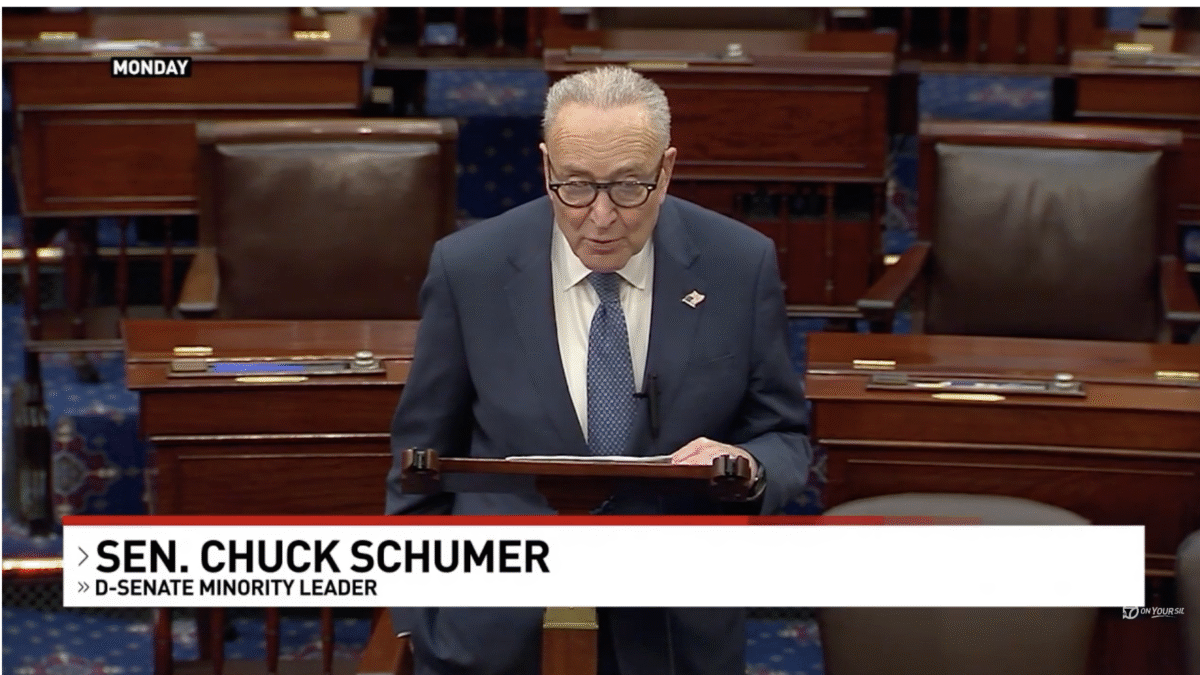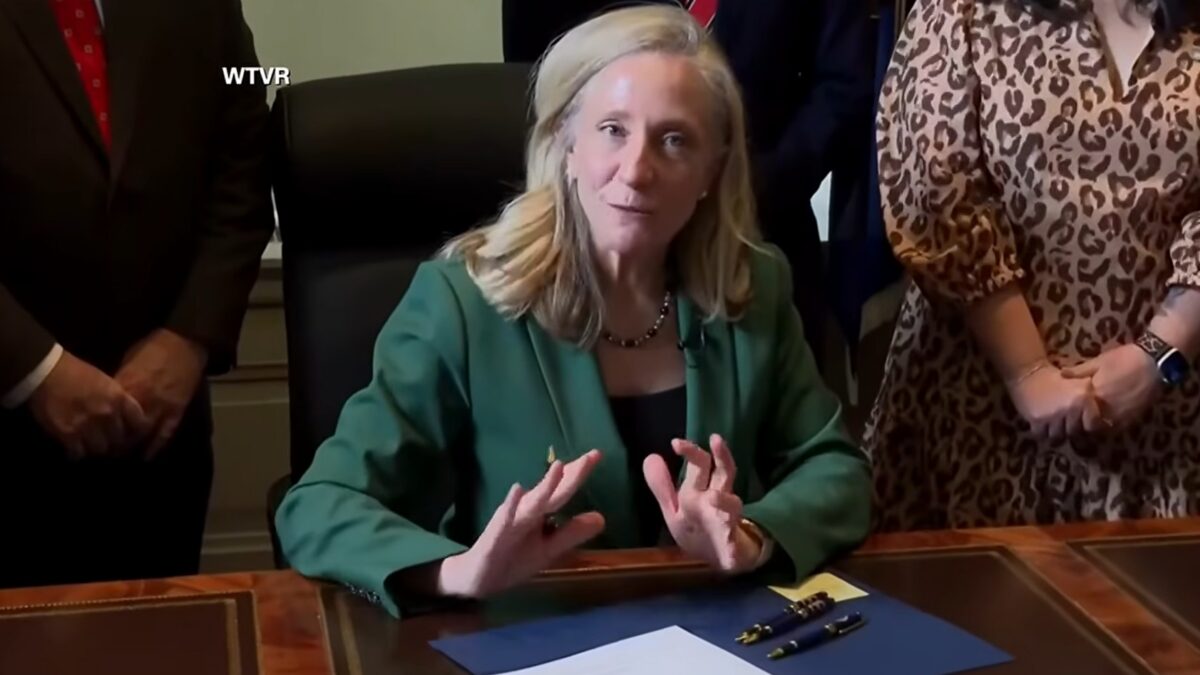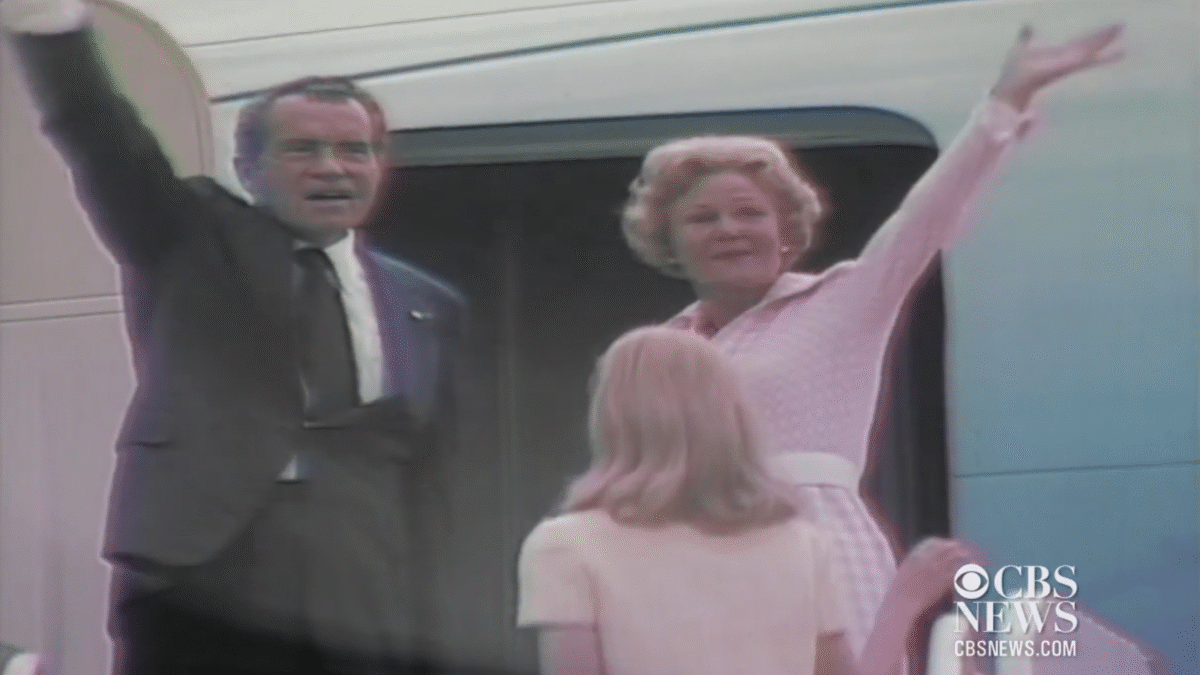As cries for the abolition of police departments intensify across the country, the ivory towers of higher education are scrambling to outdo one another in political correctness.
At UCLA, students demanded the university fire two professors: one who declined to give black students preferential treatment on their final exams, and another who read Martin Luther King Jr.’s “Letter from a Birmingham Jail” — which includes the n-word — aloud to his class.
The sociology department at George Washington University apologized Wednesday for inviting students to a “virtual career fair” with law enforcement officials, in light of the anti-police protests sweeping the country. “We are deeply sorry we caused pain and confusion,” wrote the department chair. The original invitation, she added, “hurt many people in this context of national and international focus on police violence and police abuses, especially against Black people.”
In Seattle, where police are trying to respond to an “autonomous zone” set up by radical anarchists, Seattle University just issued a statement that it will not allow police to use its parking lots as a staging area.
Troy University in Alabama fired the head of its campus police force for what it deemed an “inflammatory” comment on Facebook relating to the death of George Floyd. “Did the officer make a mistake? Yes. Does he regret it? Yes. Was he intentionally trying to kill George Floyd I don’t think so. Did George Floyd plan [sic] any role in his own death? ABSOLUTELY!” a section of the comment read. Defending the decision to fire the police chief, the university said his comments did not “reflect the values of Troy University, and we are no longer confident in his ability to serve our students, faculty, and staff.”
At the University of Washington, Senior Director of Media Relations Victor Balta sent a letter to professors asking them to “be especially responsive to the needs that your students, especially those who are members of the Black community, may have for accommodations as we conclude the school year.” He further suggested that these “accommodations” be anything from extensions to making final exams optional. This came after some students signed a petition for professors to show lenience on African-American students’ assignments, and others emailed the school president asking for all finals and assignments to be canceled for the rest of the quarter.
The University of Massachusetts-Boston decided to take a stand by telling the police they were no longer welcome to use the university’s parking lot. In the past, the police have used the grounds as a staging area for events like the Boston Marathon. Now, “we are demanding answers for the militarizing of our campus, a deliberate act of violence against the Black, POC and undocumented students, faculty and staff of the UMass Boston community,” read a petition against police use of the parking lot.
Massachusetts’ Clark University ended its partnership with the Worcester Police Department, after four students were arrested as part of a protest. The Worcester police chief called the decision “disappointing,” claiming that officers from the department have attended some of the demonstrations as peaceful protesters themselves.
The director of undergraduate studies at Cornell’s chemistry department, Dave Collum, stepped down after students and faculty criticized a political opinion he posted to his personal Twitter account. Collum’s tweet suggested that an elderly man pushed to the ground by police in Buffalo, New York, was “feeble” and “needed to give that cop space,” and was at fault for the incident. “While Professor Collum has a right to express his views in his private life, we also have a right and an obligation to call out positions that are at direct odds with Cornell’s ethos,” Cornell President Martha Pollack said in a statement condemning Collum’s speech.
At Ohio State University, almost 300 faculty have signed a letter originally circulated by the school’s student government, asking the university to “cease on-campus operations and review off-campus contracts” with the Columbus Police Department.
At Harvard, students have renewed calls to disband the Harvard University Police Department. The Harvard Prison Divestment Campaign and the Harvard Ethnic Studies Coalition sent a letter to the university president petitioning for the campus police department’s abolition.
As we’ve seen within and beyond the anti-police movement, what starts in the academic bubble often threatens to become mainstream. The example universities are setting now is one that suppresses speech, promotes double standards, and fosters an antagonistic relationship towards law enforcement.
